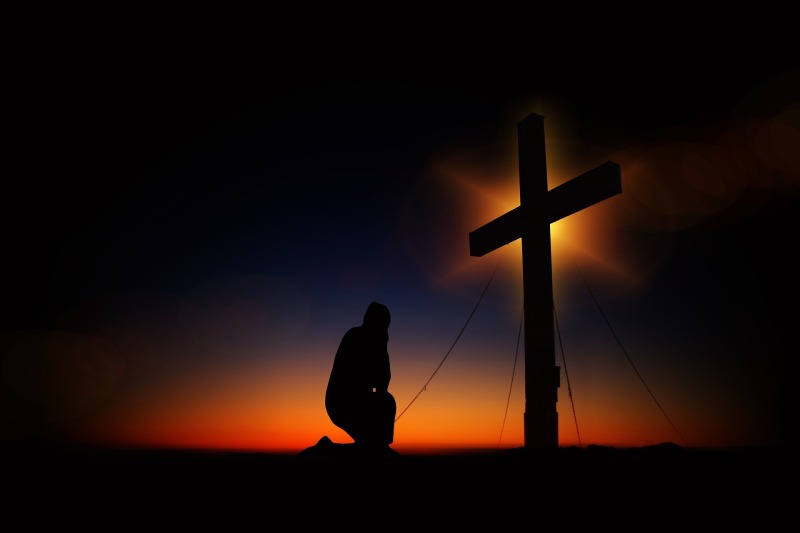
According to some religious and political leaders, a nonpartisan school board election in Grapevine-Colleyville, a suburb 20 miles northwest of Dallas, has turned into a spiritual battle between the forces of good and evil.
Concerns Over Christian Nationalism
NBC News reported that a well-funded campaign to promote Christianity in the Grapevine-Colleyville Independent School District (GCISD) had divided residents and alarmed religious liberty advocates who opposed the growing trend of Christian nationalism in the United States.
Robert Morris, a megachurch pastor and spiritual adviser to former President Donald Trump, told his congregation during a Sunday worship service that Satan was working in the GCISD and other area schools. He then shared the names of Christian school board candidates who would stand against these demonic forces.
As mentioned, David Barton, a prominent figure in the Christian nationalist movement, gave a speech at a local theater in which he called on Christians to “take the offensive” to restore prayer and biblical values to public schools.
He argued that the United States was founded as a Christian nation and that the separation of church and state is a myth. He also claimed that the decline of America was due to the fall of Christianity and that the only way to save the country was to return to its Christian roots.
Moreover, Rafael Cruz, a pastor and the father of U.S. Sen. Ted Cruz, R-Texas, urged believers at a church-based political rally to vote for “committed Christians” to “reclaim territory that the devil has stolen from us.” This coordinated campaign has divided the community into three slates of candidates.
In addition, Kimberly Phoenix, a parent in Grapevine-Colleyville, is running for school board with the support of organizations that oppose teaching religion in schools. She has pledged to reverse the district’s changes that include restrictions on discussions of gender and race. Phoenix believes that outside groups have divided the community by spreading unfounded fears that teachers are indoctrinating students with non-religious values.
The deep-seated conflict in Grapevine-Colleyville is a microcosm of the more extensive national debate over LGBTQ inclusion in education and the role of public schools.
Also Read: Texas Baptist Men Provide Metal Structures to Build New Home for Victims of Earthquake in Turkey
Christian Nationalism
The rise in Christian nationalism raises concerns among religious liberty advocates and scholars who warn that it could lead to the erosion of democracy and the marginalization of minority groups. According to Time Magazine, the popularity of Christian nationalism should be seen as a “wake-up call” for Americans who value pluralism and democracy.
Christian nationalism is often associated with the idea that Christianity should play a central role in American politics and policy-making. Supporters of this ideology believe that the country was founded as a Christian nation and that Christian principles should guide its laws and policies.
Critics of Christian nationalism argue that this ideology can be exclusionary and divisive, leading to the marginalization of minority groups who do not share the same religious beliefs. They also say it can undermine the separation of church and state, a cornerstone of American democracy.
Furthermore, the survey conducted by NPR and Ipsos found that the support for Christian nationalism was higher among older, white, and rural Americans and those who identified as evangelical Christians. However, the study also found that a significant minority of Democrats and independents supported the idea that the United States is a Christian nation.
Related Article:Texas’ Gender-Affirming Care Considered Child Abuse For Some, Survey Says

